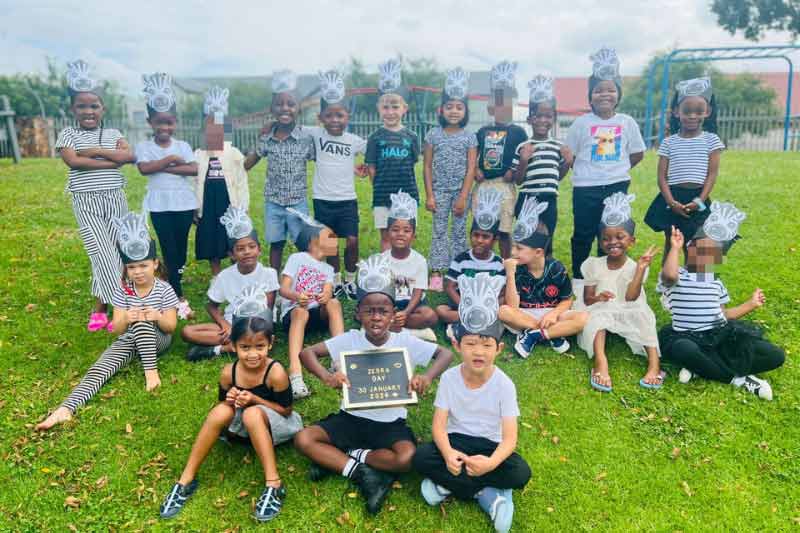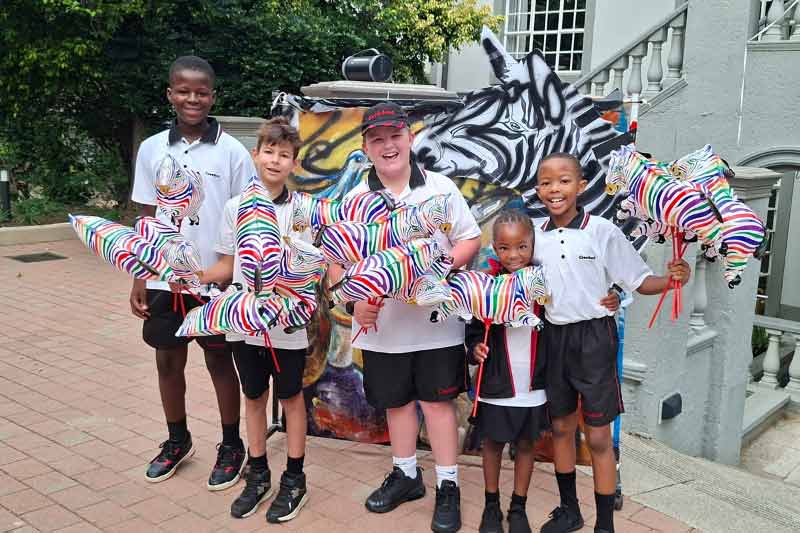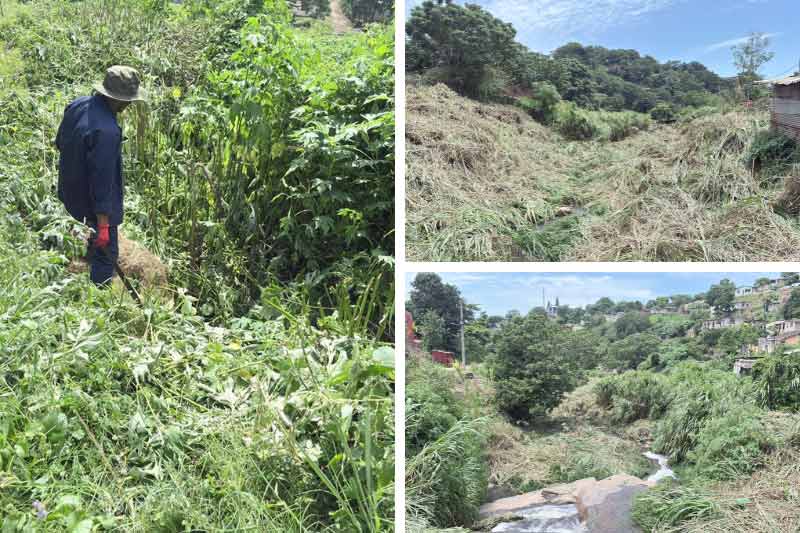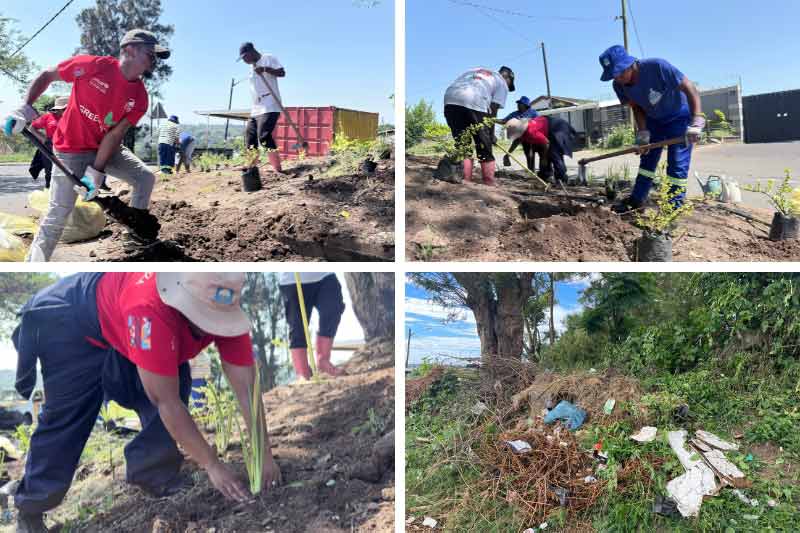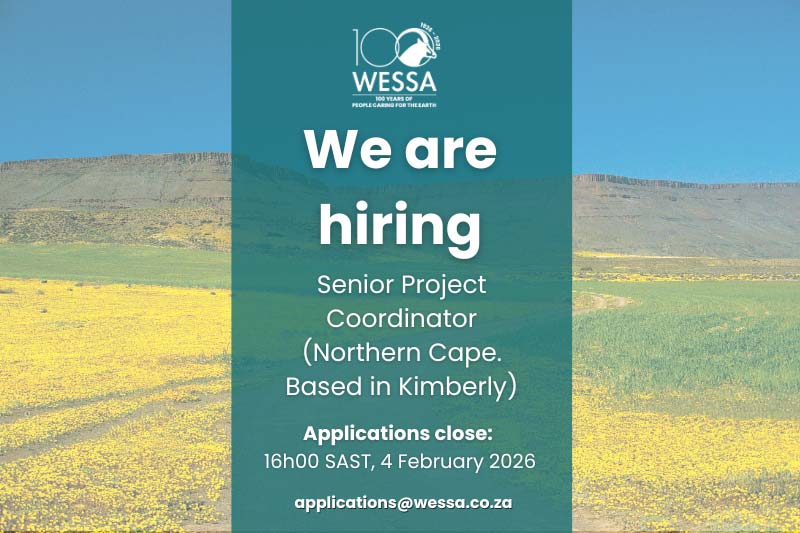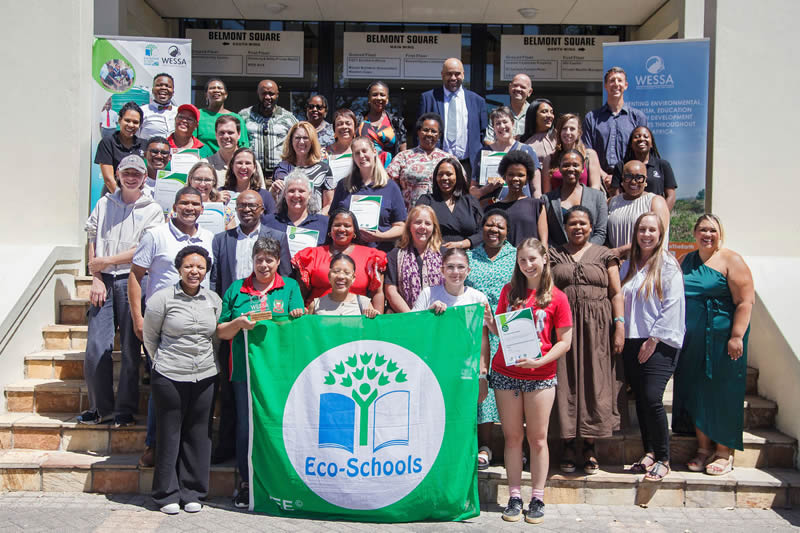
WESSA recognises 31 Western Cape schools at 2025 Eco-Schools Awards
[Photo credit: Tertia van Rensburg, aT Images]
WESSA (The Wildlife and Environment Society of South Africa) recognised 31 Western Cape schools for their measurable environmental action and sustainability leadership at the 2025 Eco-Schools Awards, held on Saturday, 21 February 2026 at the J&J Conference Centre Belmont Square in Cape Town.
Part of the world’s largest education for sustainable development programme, Eco-Schools enables learners and educators to move beyond environmental awareness and into practical, school-wide action. In the Western Cape —a province acutely aware of drought, climate pressure and the value of its natural heritage— these awards reflect not just participation, but impact.
Opening the ceremony, Kelly Alcock, WESSA Head of Education and Sustainability, emphasised that Eco-Schools is defined not by its scale, but by its outcomes: “Eco-Schools is the world’s largest education for sustainable development programme, but what makes it powerful is not its scale, it is its measurable change. Across our schools, learners are reducing water consumption, diverting waste from landfill, restoring biodiversity and strengthening food security through school gardens. This is education that moves beyond awareness into action.”
Recognising measurable sustainability action
The Eco-Schools awards framework recognises progressive achievement across sustainability themes and projects, encouraging whole-school transformation. Here’s more insight into the categories and what schools have to commit and complete to receive the achievement:
- Bronze Awards are presented to schools completing one environmental project under one sustainability theme. Four schools in the province achieved this foundational milestone.
- Silver Awards recognise two projects across two sustainability themes. Fourteen Western Cape schools reached this level, reflecting strong momentum in embedding environmental learning into school culture.
- Green Flag Awards are granted to schools implementing three projects across three themes. Two schools earned this internationally recognised milestone.
- Gold Awards acknowledge four projects across four themes, with three schools achieving this level in 2025.
- International Flag Awards represent five projects across five themes, aligned with global Eco-Schools standards. Two Western Cape schools received this prestigious recognition.
- Platinum 2 Awards signify advanced leadership, requiring five projects across five themes, the introduction of a new project under a new theme, and mentorship support to another school. Two schools achieved this level of excellence.
- Diamond Awards, the highest standard within the Eco-Schools framework, recognise sustained excellence and a demonstrated “Story of Change” from Bronze to top-tier achievement. One Western Cape school earned this distinction in 2025.
In addition, three ADvTECH schools were recognised within the provincial cohort, underscoring the growing commitment of independent education networks to environmental sustainability and whole-school transformation.
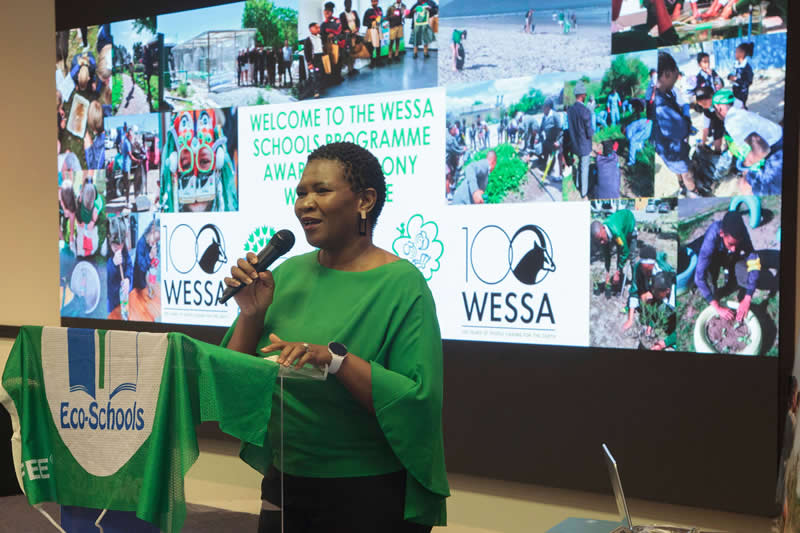
Keynote speaker and sustainability education specialist, Khuthala Swanepoel of Stellenbosch University’s Centre for Sustainability Transitions (pictured above) adds: “The Eco-Schools programme is the living expression of the curriculum. It’s where learning meets life and knowledge becomes action. It connects environmental theory to real-world challenges, equipping young people with the confidence and capability to lead change in their schools and communities.”
Long-term leadership honoured through Decade Awards
Beyond annual milestones, Decade Awards recognise schools that have sustained environmental commitment over ten years or more, demonstrating institutionalised sustainability and mentorship.
In 2025, three Western Cape schools were recognised at Decade level:
- Silver Decade Award recognises two sustained projects across two themes.
- Platinum 1 Decade Award represent five projects across five themes, including new thematic work and support to another school.
- Platinum 2 Decade Award acknowledges continued excellence across five themes, with leadership and mentoring responsibilities.
These awards highlight schools that have embedded sustainability into governance, curriculum and culture over time, creating ripple effects far beyond the classroom.
Alcock reinforced the broader significance of this work: “Environmental education is not optional, it is preparation. Sustainability is not a once-off project; it is a way of thinking, leading and living. Our schools are not preparing for the future; they are shaping it.”
Special Awards recognising innovation and impact
In addition to the formal award tiers, WESSA presented Special Awards to schools that went beyond the scope of their themes to demonstrate exceptional initiative, measurable impact and community leadership.
- Waste Champions of 2025 – Kenridge Primary School, which collected 610,428 bottle tops, recycled 9,620 kg of waste, the highest volume among Western Cape Eco-Schools and opened its recycling centre to the broader community.
- The Green Glow Award – American International School of Cape Town, for constructing an aquaponics centre through more than 20 student-led build sessions, embedding hands-on sustainable food production into the curriculum.
- The Culture & Care Shield – Outeniqua Primary School, for linking recycling to social impact by collecting bottle caps to support a local wheelchair initiative and mentoring another school through eco-friendly twinning.
- The Ocean Guardian Award – DF Akademie, for combining coastal clean-ups with a year-round student-led marine conservation awareness campaign.
- The Clean Commute Award – Kommetjie Eco Pre-primary School, which mobilised 50 learners to cycle on World Bicycle Day, leading to sustained lower-carbon commuting habits.
- The Bright Sparks Award – Ikamvalethu Secondary School, for innovative learner-designed alternative energy models.
- The Green Start Award – Fairdale Primary School, recognising exceptional first-year performance, including the establishment of a new eco-club and 380 kg of waste collected within months.
A further highlight was the international recognition of Alexandra de Roo, a Grade 8 learner from Pinelands High School, who won first prize in the Photography Category of the global Young Reporters for the Environment (YRE) competition 2025, competing against more than 1,000 participants from 33 countries. Her winning image captured ecological resilience on Rondebosch Common, amplifying African youth voices on the global sustainability stage.
As WESSA moves towards its centenary year, the Eco-Schools Programme reflects nearly 100 years of environmental stewardship translated into practical, youth-led climate action.
Full list of Western Cape Eco-Schools Award recipients – 2025
Bronze Awards (4)
1. Bardale Secondary School
2. Fairdale Primary School
3. Seamount Primary School
4. Spineview Primary School
Silver Awards (14)
1. Abbotts College
2. Bridge House
3. Bulumko Secondary School
4. Elkanah House
5. Esangweni Senior Secondary School
6. Greenwood Bay College
7. Ikamvalethu Senior Secondary School
8. Intsebenziswano Senior Secondary School
9. Kulani Secondary School
10. Langa High School
11. Masiyile Senior Secondary School
12. Philippi High School
13. Sinethemba Senior Secondary School
14. Siviwe School of Skills
Green Flag Awards (2)
1. Firgrove Primary School
2. Elswood Secondary School
Gold Awards (3)
1. American International School of Cape Town
2. Bellville South High School
3. Riverton Primary School
International Flag Awards (2)
1. Kommetjie Eco Pre-primary School
2. Outeniqua Primary School
Platinum 2 Awards (2)
1. DF Akademie
2. Kenridge Primary School
Diamond Award (1)
1. Pinelands High School
Silver Decade Award (1)
1. Newberry House Montessori School
Platinum 1 Decade Award (1)
1. Sir Lowry’s Pass Primary School
Platinum 2 Decade Award (1)
1. Beaumont Primary School
See all the award winners and the pictures of the event here.
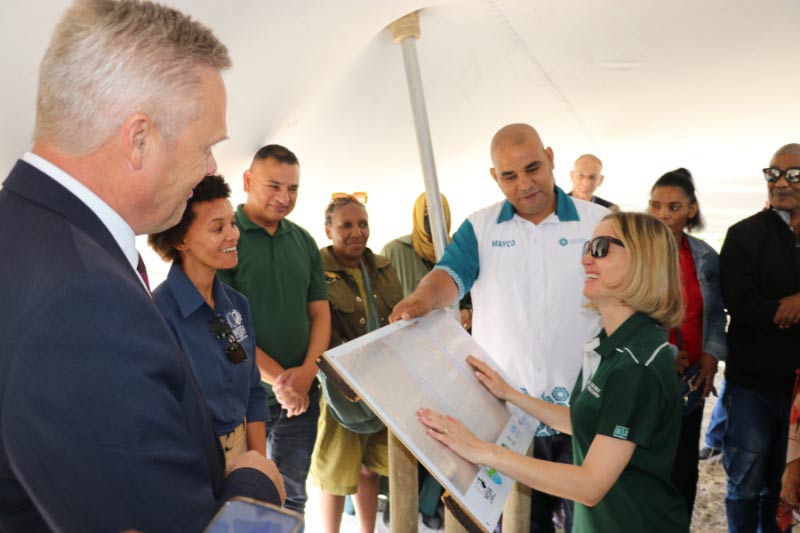
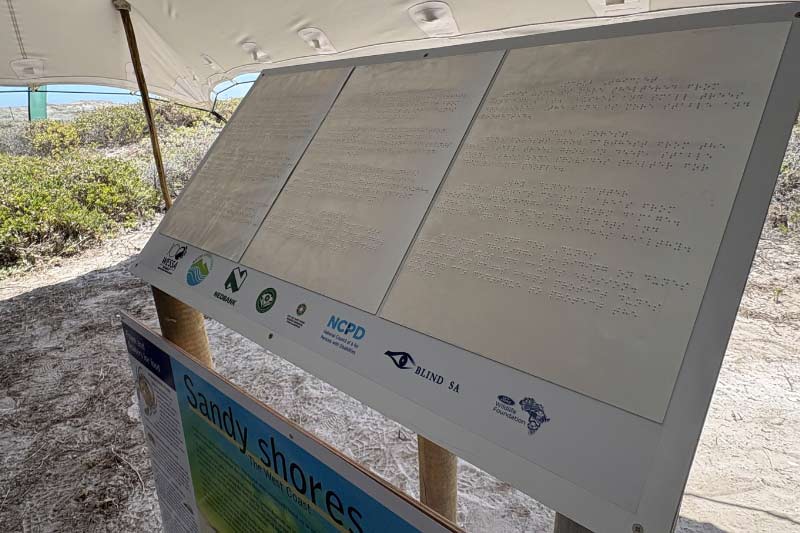
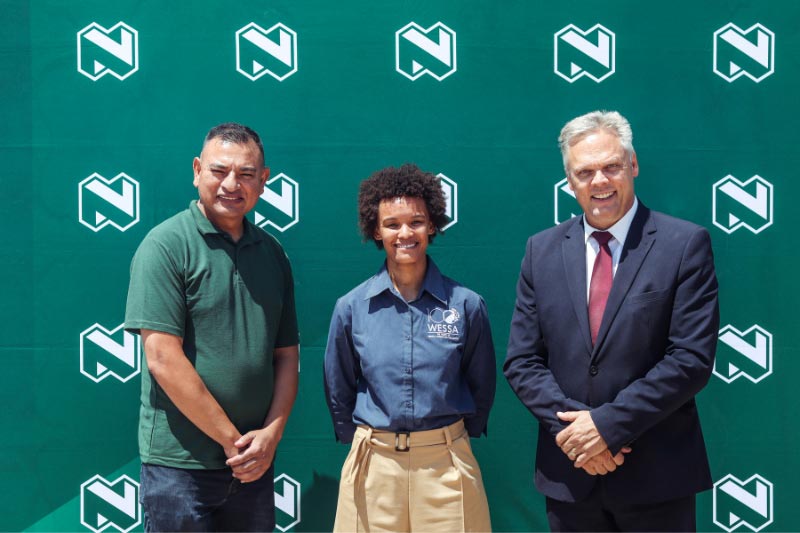
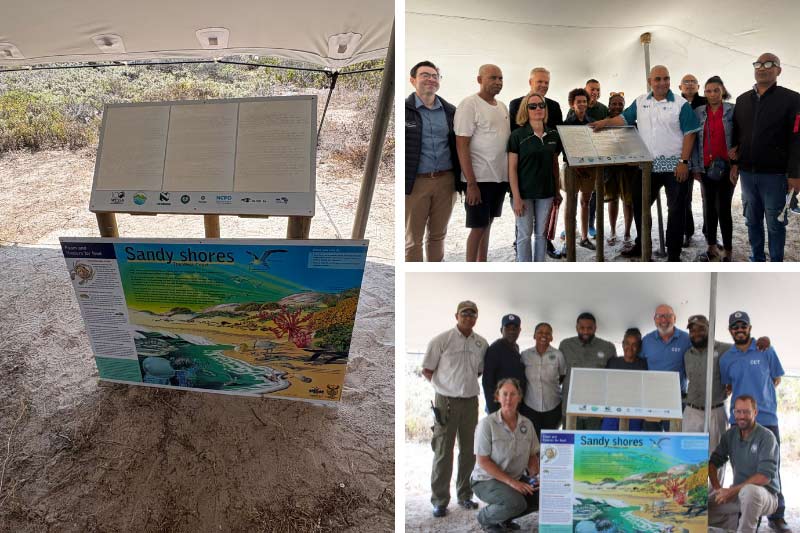
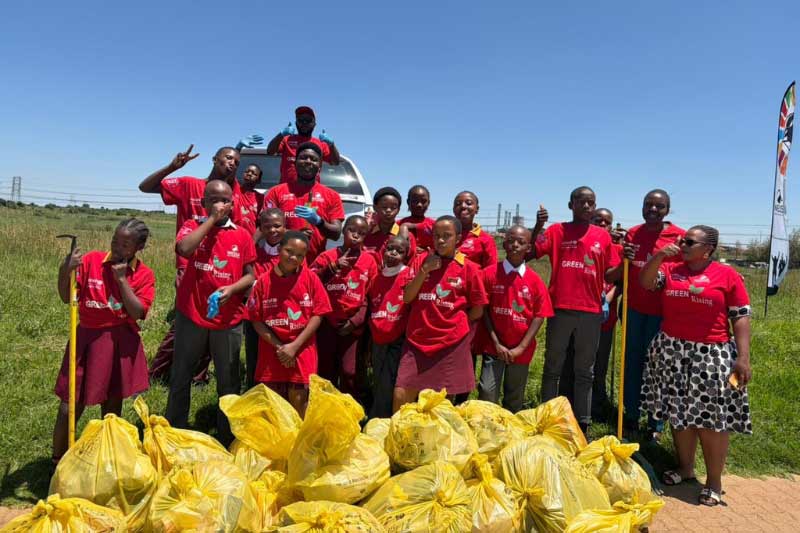
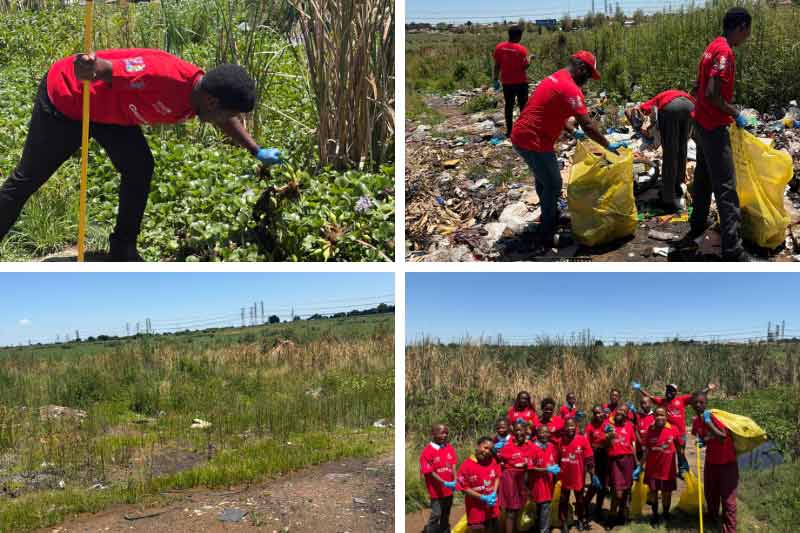
![[ADvTECH Schools] International Zebra Day: learning, creativity and action](https://www.wessa.org.za/wp-content/uploads/2026/02/Zebra-Day-Zebra-awareness-at-Crawford-International-Sandton-Learners-Zebra-Face-Paint-South-Downs-College.-.jpg)
